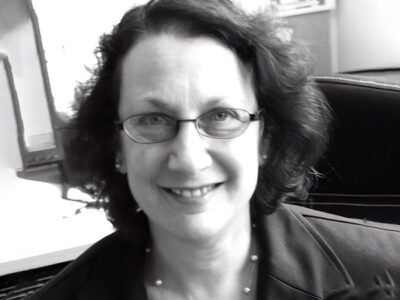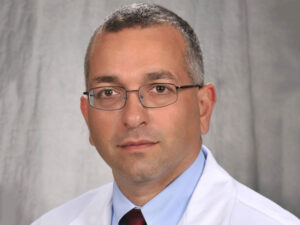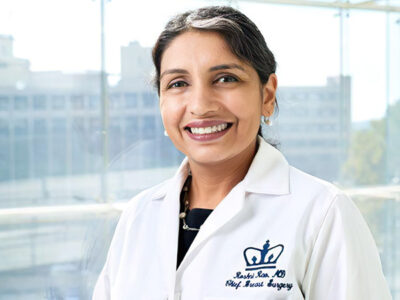Having cancer as a Latino in the United States has important implications potentially related to risk of carcinogenesis, knowledge of cancer prevention, access to cancer screening, therapy timing and choices, and access to good supportive/palliative or survivorship care.
On December 10, 2019, Dr. William G. Kaelin, Jr, Sir Peter J. Ratcliffe, and Dr. Gregg L. Semenza officially received the title of Nobel Laureate in Medicine.
I write, again, compelled by emerging scientific facts regarding a serious systemic error of negligence on the part of the main American gynecological societies, AAGL and ACOG, and their member practitioners—though the problem I highlight here also affects overseas gynecological counterparts, specifically the RCOG in the United Kingdom.
Each year, the American Society of Clinical Oncology conducts its National Cancer Opinion Survey to better understand Americans' views on a wide range of cancer-related issues and uncover areas that need to be addressed.
The growth of personalized medicine in oncology continues to fuel a shift from traditional chemotherapies to immunotherapy. Currently, there are more than 30 immunotherapies approved for use in the United States, with more than 2,300 immunotherapy clinical trials listed on ClinicalTrials.gov.
This year in the United States, nearly 270,000 women will receive the devastating news that they have breast cancer. Many will choose breast-conserving surgery, commonly referred to as lumpectomy, wherein the surgeon seeks to remove the malignant tumor, while also preserving as much healthy breast tissue as possible.
The number of approved cancer therapies continues to rise, with 63 cancer drugs launched within the past five years.
Philip J. Stella, the principal investigator of the Michigan Cancer Research Consortium NCI Community Oncology Research Program site in Ann Arbor, won the 2019 Harry Hynes Award.
According to the National Cancer Institute (NCI), 1,735,350 people were newly diagnosed with cancer in 2018. Of those, 65% are expected to achieve remission from their cancer . xxx:more
The founding partners of the Lung Ambition Alliance launched the group July 8 with the primary objective of doubling five-year survival rates for patients with lung cancer—up to 40%.















